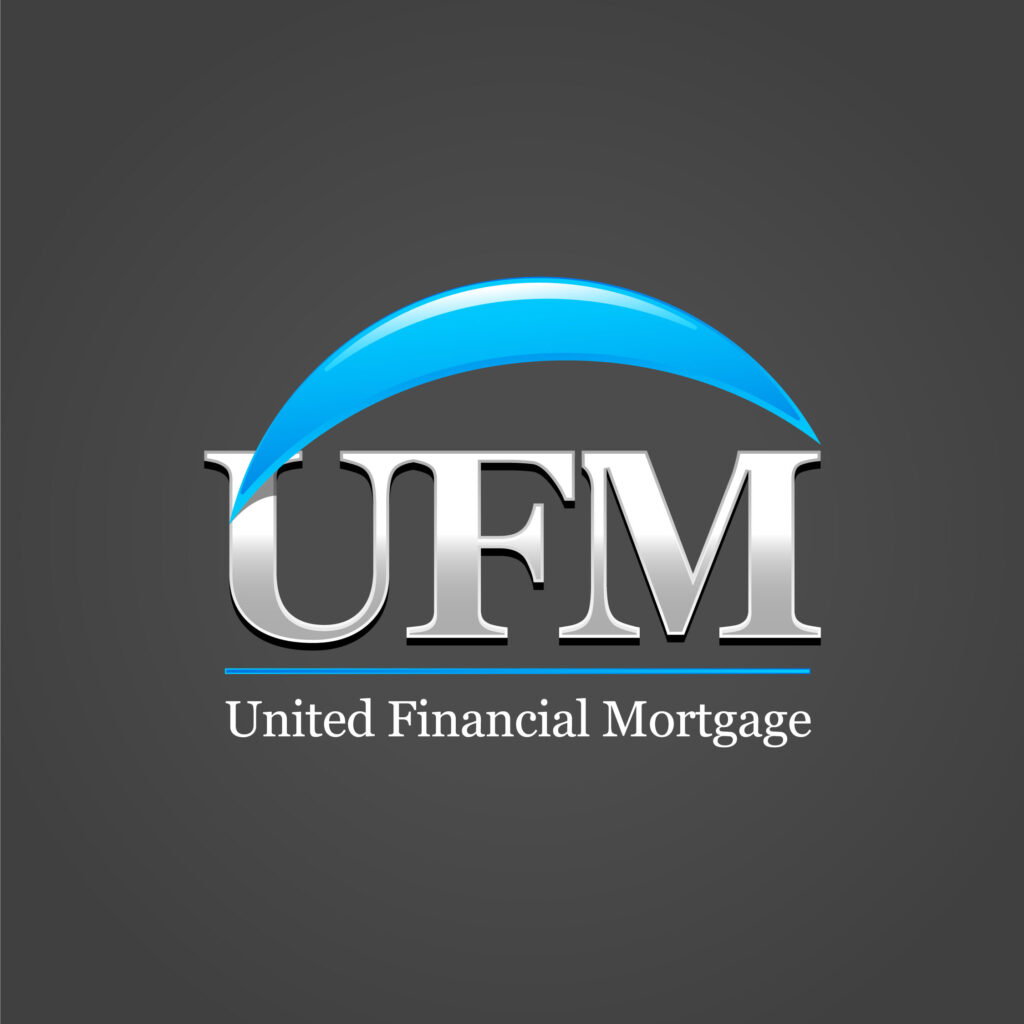An FHA mortgage is a home loan insured by the Federal Housing Administration (FHA), a government agency within the U.S. Department of Housing and Urban Development (HUD). FHA loans are designed to help lower-income and first-time homebuyers who may not qualify for Conventional loans due to limited down payment funds or lower credit scores.
Key Features of FHA Mortgages:
- Lower Down Payment: FHA loans require a down payment as low as 3.5% of the purchase price, making homeownership more accessible to those with limited savings. But at United Financial Mortgage, we have 0%-down-payment mortgages available as well.
- Credit Requirements: FHA loans are more forgiving when it comes to credit scores. Borrowers can often qualify with a credit score as low as 580 for the 3.5% down payment option. Some lenders may approve borrowers with even lower scores, but a larger down payment might be required.
- Mortgage Insurance Premiums (MIP): Unlike Conventional loans, FHA loans require both an upfront mortgage insurance premium (UFMIP) and an annual mortgage insurance premium (MIP), which is paid monthly. The upfront premium is usually 1.75% of the loan amount, and is traditionally financed into the loan. The annual MIP varies based on the loan term and loan-to-value ratio.
- No Prepayment Penalty: FHA loans do not have prepayment penalties, so borrowers can pay off their loan early without incurring extra costs.
- Assumable Loan: FHA loans are assumable, meaning that if the borrower sells the home, the buyer can take over the existing loan, subject to approval by the lender. This feature can be an attractive selling point in a rising interest rate environment.
- Loan Limits: FHA loans have maximum loan limits that vary by location, based on the median home prices in the area. In 2025, the FHA loan limit for most areas is $524,225 for a single-family home, but it can be higher in more expensive areas.
- Property Requirements: Homes purchased with an FHA loan must meet certain safety, security, and soundness standards. The property must also be the borrower’s primary residence.
- Flexible Qualification: FHA loans are more flexible in terms of borrower qualifications, allowing for higher debt-to-income ratios compared to Conventional loans.
FHA mortgages are popular among first-time homebuyers and those with lower credit scores or limited down payment funds. However, the ongoing cost of mortgage insurance can make them more expensive over the long term compared to Conventional loans, especially for borrowers with strong credit.
